IDRC Research Chair, ACSRM and CoRe Empower Young Scholars to Tackle African Migration Challenges
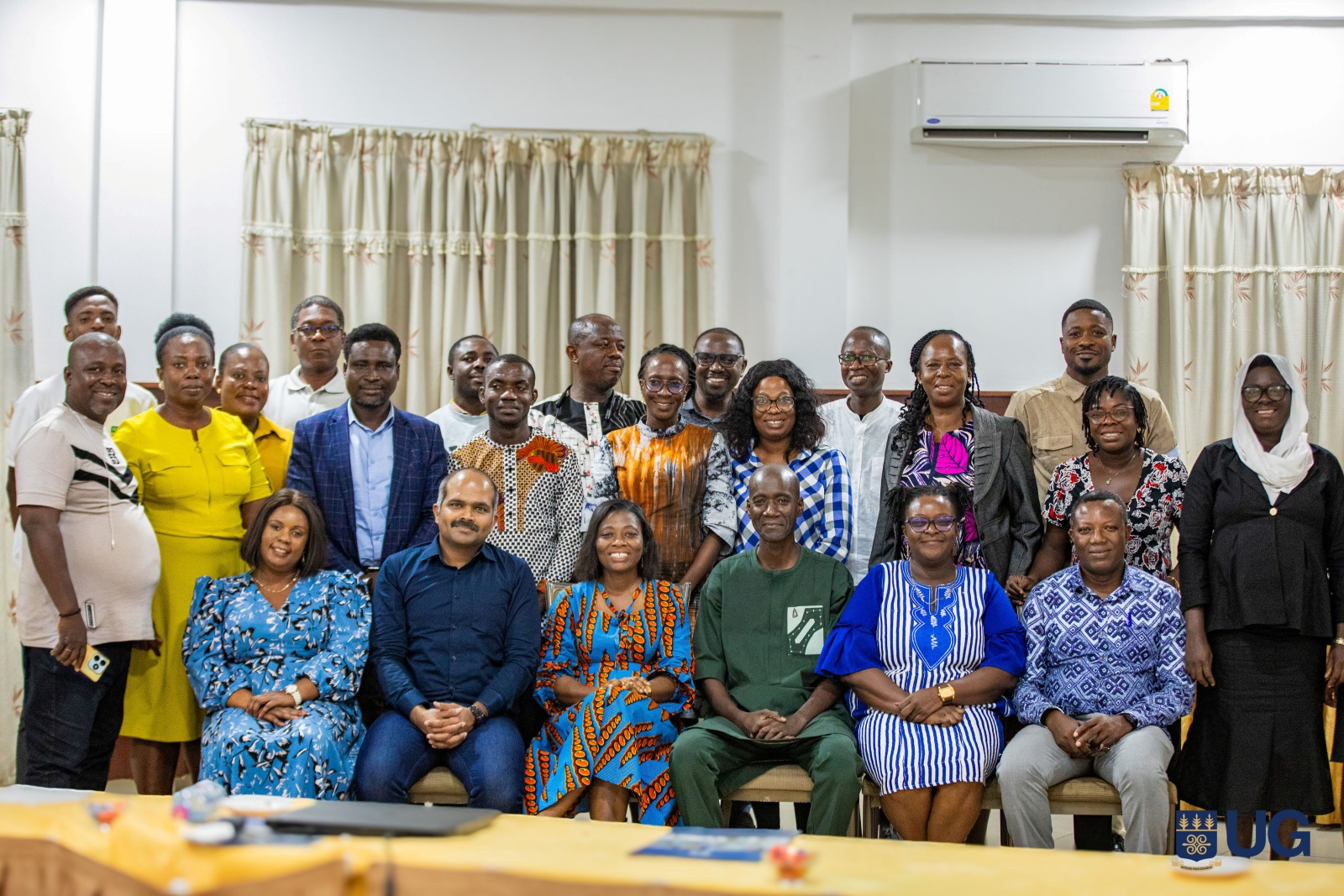
In a bid to build the next generation of thought leaders on migration in Africa, the African Centre for the Study and Research on Migration (ACSRM), the IDRC Research Chair on Forced Displacement in Anglophone West Africa at the Centre for Migration Studies (CMS), University of Ghana and the Africa-Europe Cluster of Research Excellence on Migration and Health (CoRe) have jointly concluded the second edition of a high-level training workshop in Accra aimed at strengthening the capacity of PhD students and early-career researchers.
Held at the Mensvic Grand Hotel from April 7–8, 2025, the workshop brought together 20 emerging scholars to deepen their understanding of three interrelated migration themes, forced displacement, climate-induced migration and the migration and health nexus, while enhancing their skills in drafting academic and policy-oriented publications.
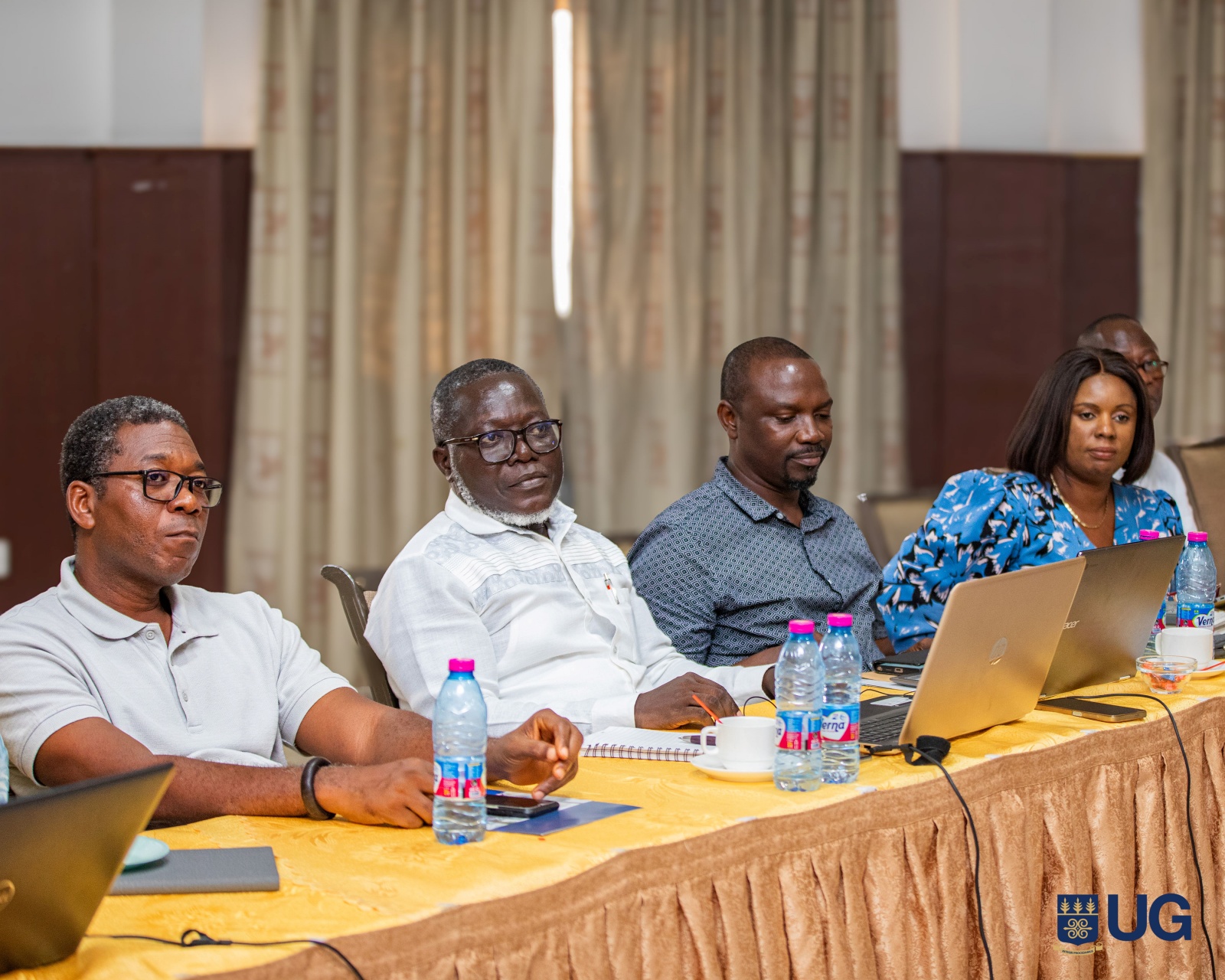
The initiative reflects a collective commitment to equip African researchers with the analytical tools needed to influence evidence-based migration policy and contribute to global migration discourse from an African perspective.
The workshop featured keynote presentations and mentorship sessions from distinguished experts including, Prof. Mary Boatemaa Setrana, IDRC Research Chair and Director of CMS, who led discussions on the drivers, trends and policy implications of forced displacement, offering insights into how conflict, governance challenges, and development-induced factors continue to displace communities across Africa.
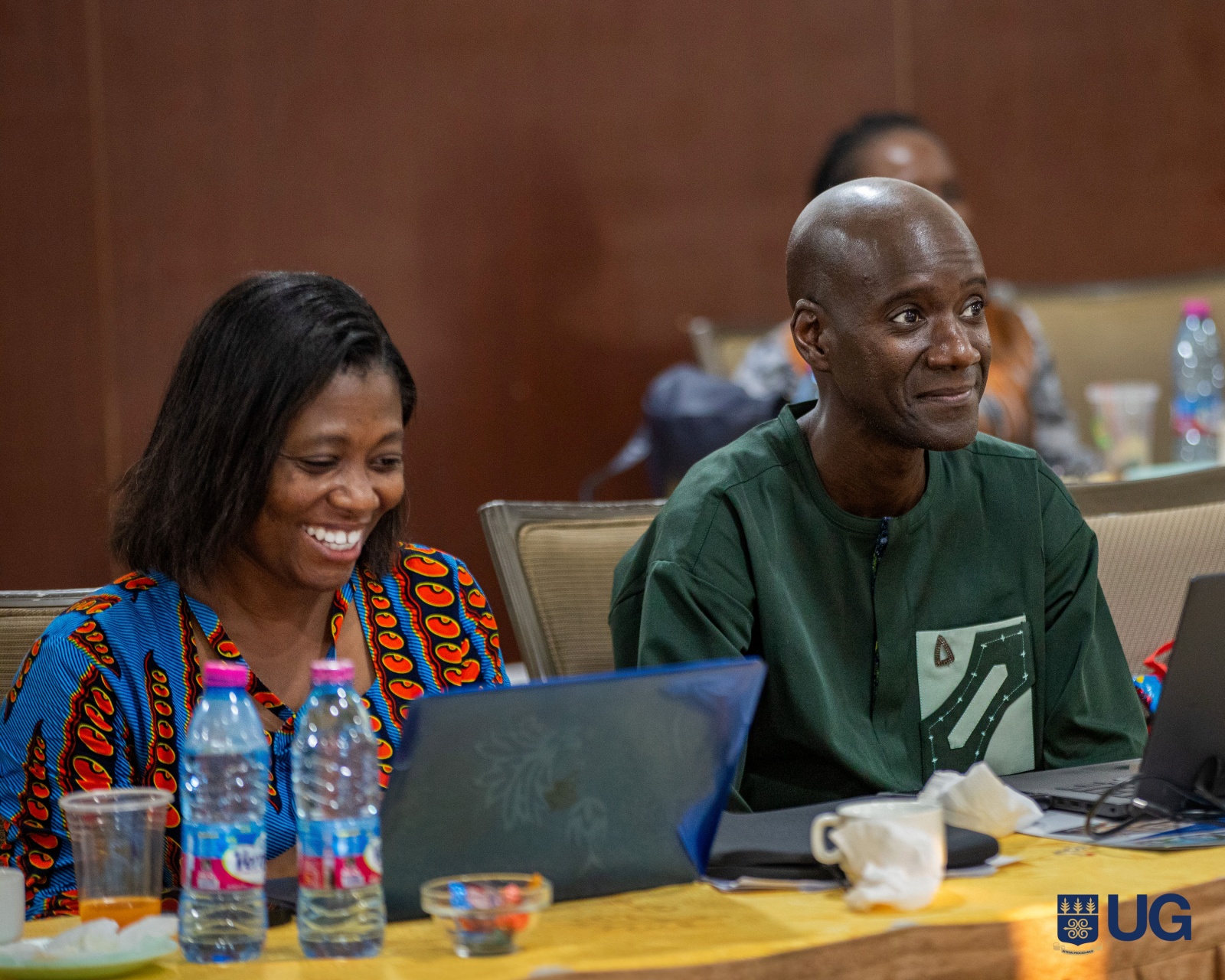
Prof. Soorej Jose Puthoopparambil, a Senior Lecturer in Migration and Global Health at Uppsala University and Co-Lead of CoRe, unpacked the migration and health nexus, highlighting mental health burdens, access barriers and the intersection of migration with public health systems.
Dr. Ibrahima Amadou Dia, Director of ACSRM, delivered a compelling session on climate change-induced migration, delving into the environmental drivers of mobility on the continent and urging scholars to engage with ongoing policy debates around resilience, adaptation and mitigation.
Prof. Teye-Kwadjo of the University of Ghana also contributed interdisciplinary perspectives from psychology and migration studies.
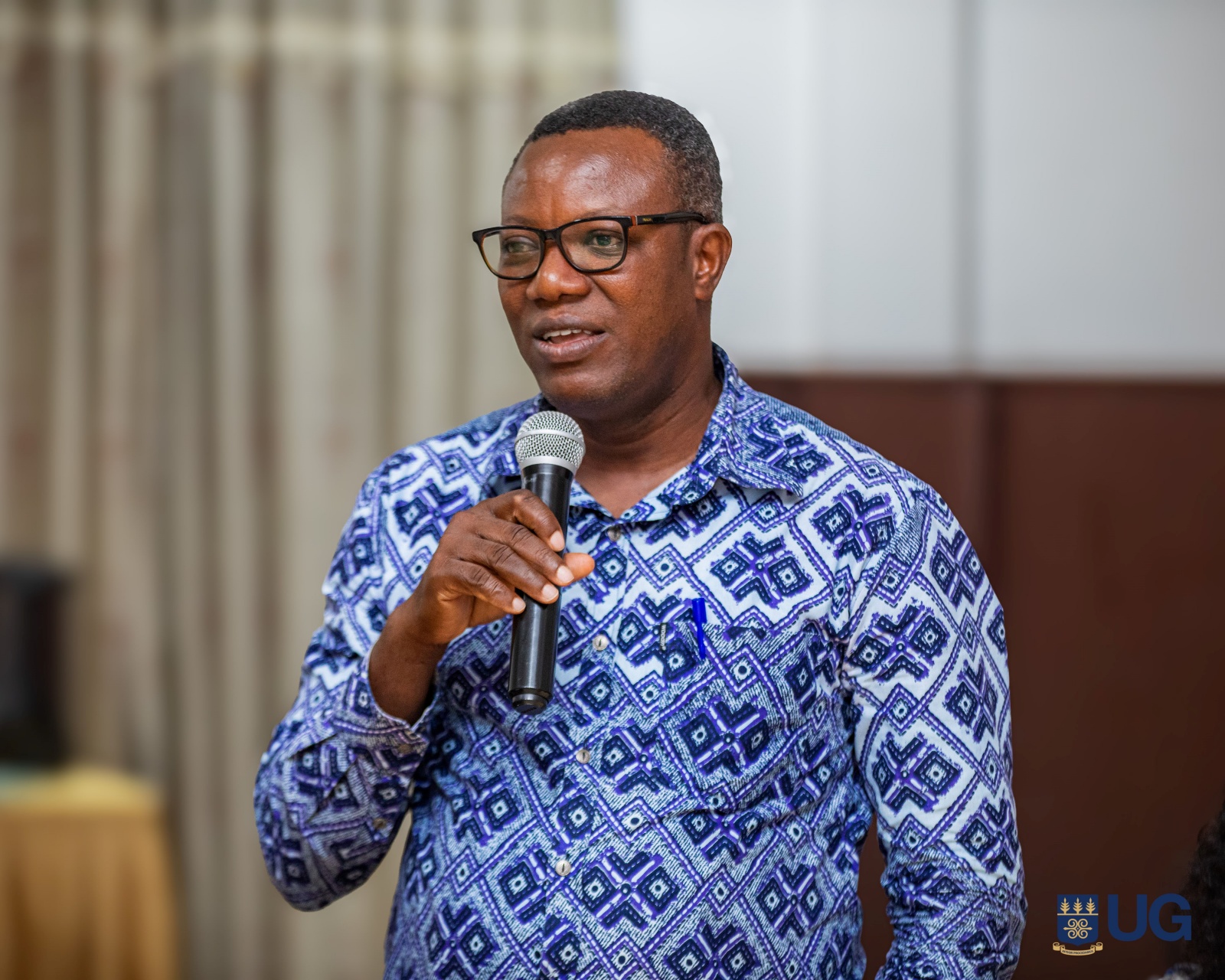
Commenting on the success of the second edition of the workshop, Prof. Mary Boatemaa Setrana, noted that the IDRC Research Chair project is helping to uncover evidence that will help to strengthen policies and guide the agenda for addressing forced displacement in the global south. She lauded the IDRC, CoRe and ACSRM for their support to build capacity in the area.
For his part, Dr. Ibrahima Amadou Dia noted that ACSRM is championing a bold agenda to build a continent-wide network of migration researchers. “We are working to ensure that African voices and African evidence are at the centre of migration debates. This is why ACSRM is investing in young scholars, to drive the agenda forward with well-informed, context-specific research and policy engagement.”
Prof. Soorej Puthoopparambil, in his remarks, emphasised the importance of sustained investment in scholars from the Global South. “This workshop is an example of how collaboration and mentorship can empower young researchers to contribute to knowledge production on African migration,” he said.
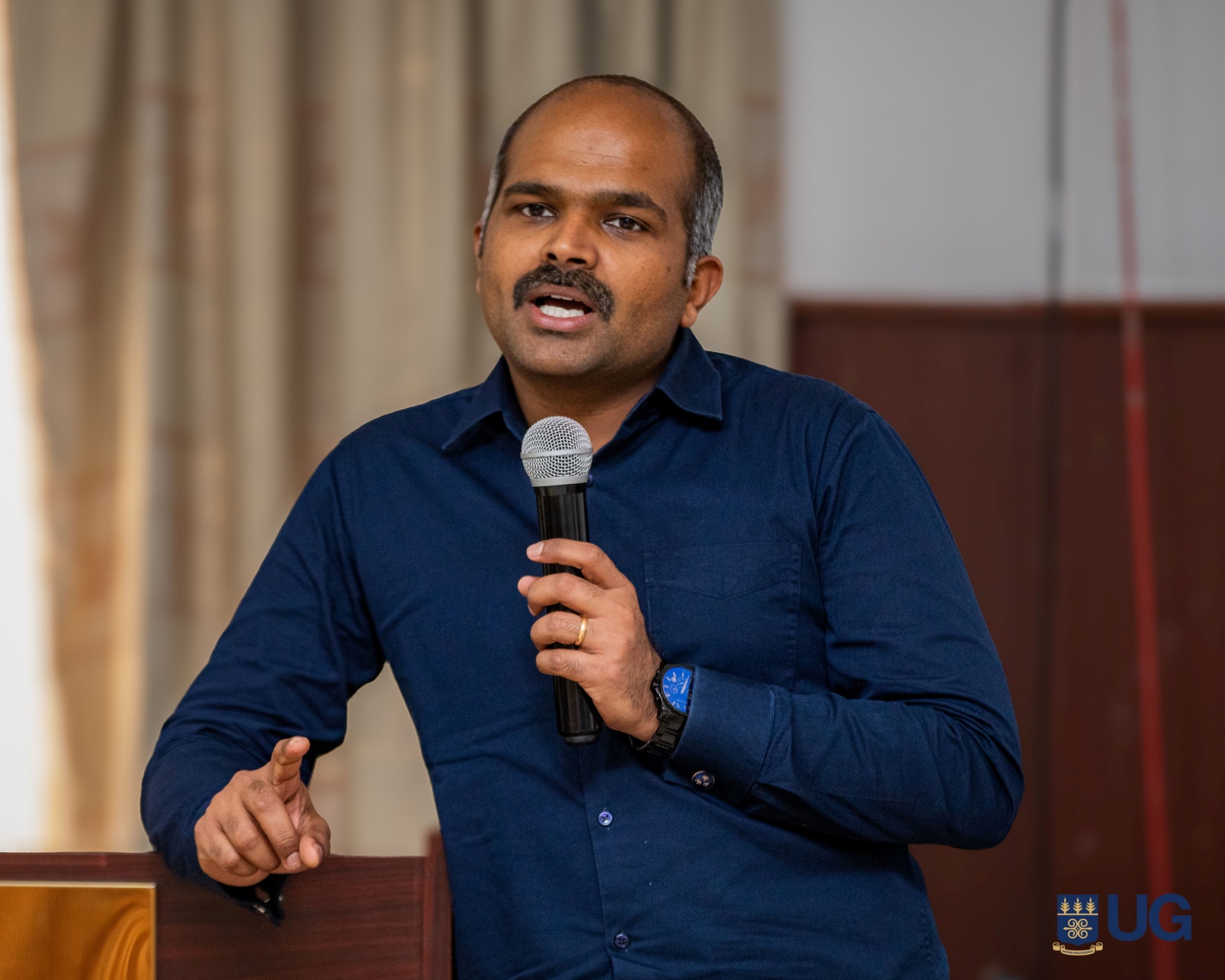
A core component of the workshop was its strong emphasis on writing and research translation. Participants received guidance on how to structure and draft peer-reviewed journal articles, policy briefs and working papers. Through group exercises, participants began developing outlines for future publications with mentorship from experts. The expectation is that these drafts will evolve into full papers to be published by ACSRM and the African Migration Journal.
The final day of the workshop featured one-on-one mentoring sessions to support PhD students in advancing their dissertation research and sharpening their academic focus. Cross-cutting themes of gender, human rights and interdisciplinary methods were highlighted throughout.
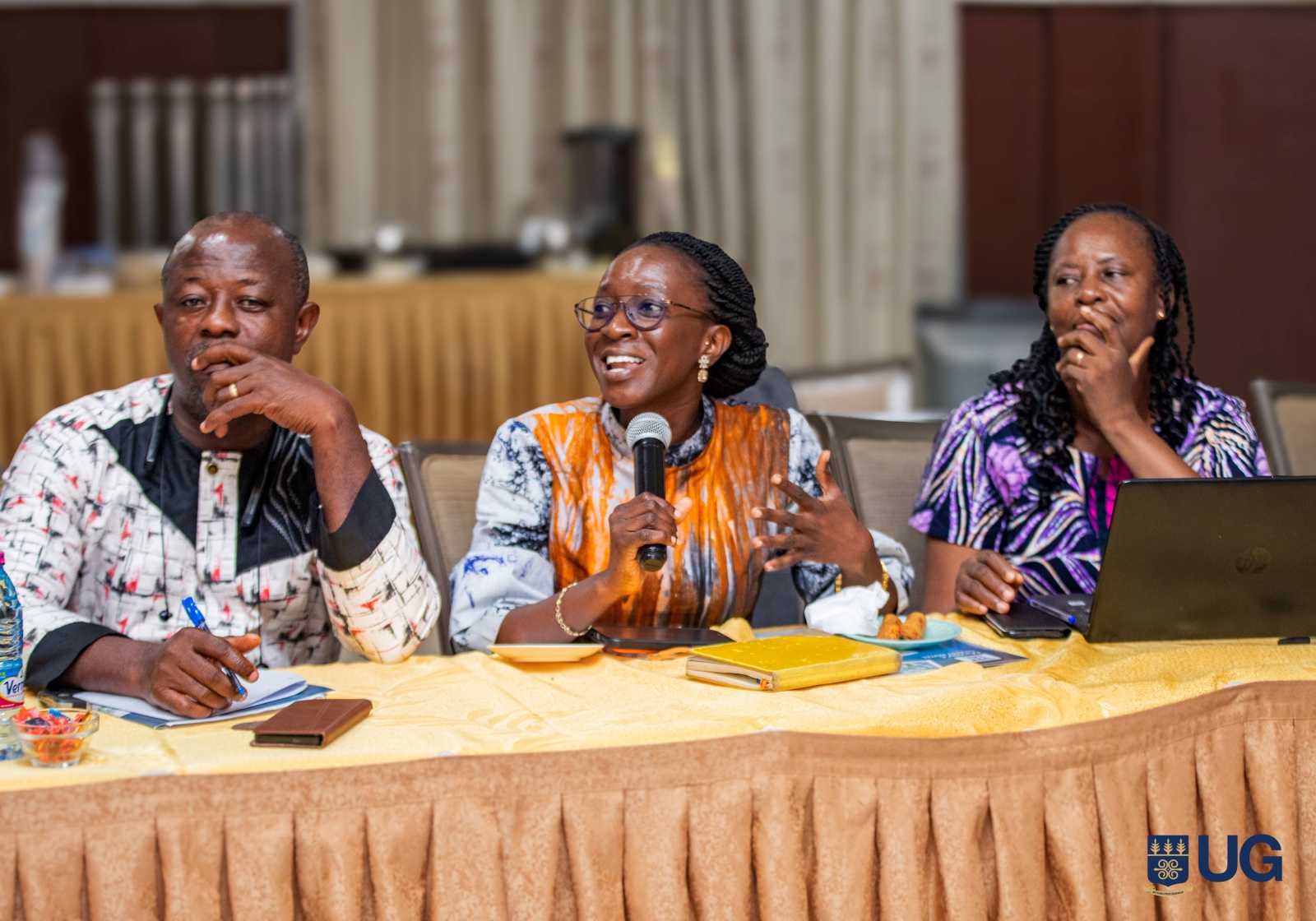
Organizers hope this initiative will serve as a model for capacity-building efforts across Africa, with migration remaining a complex and dynamic issue on the continent.